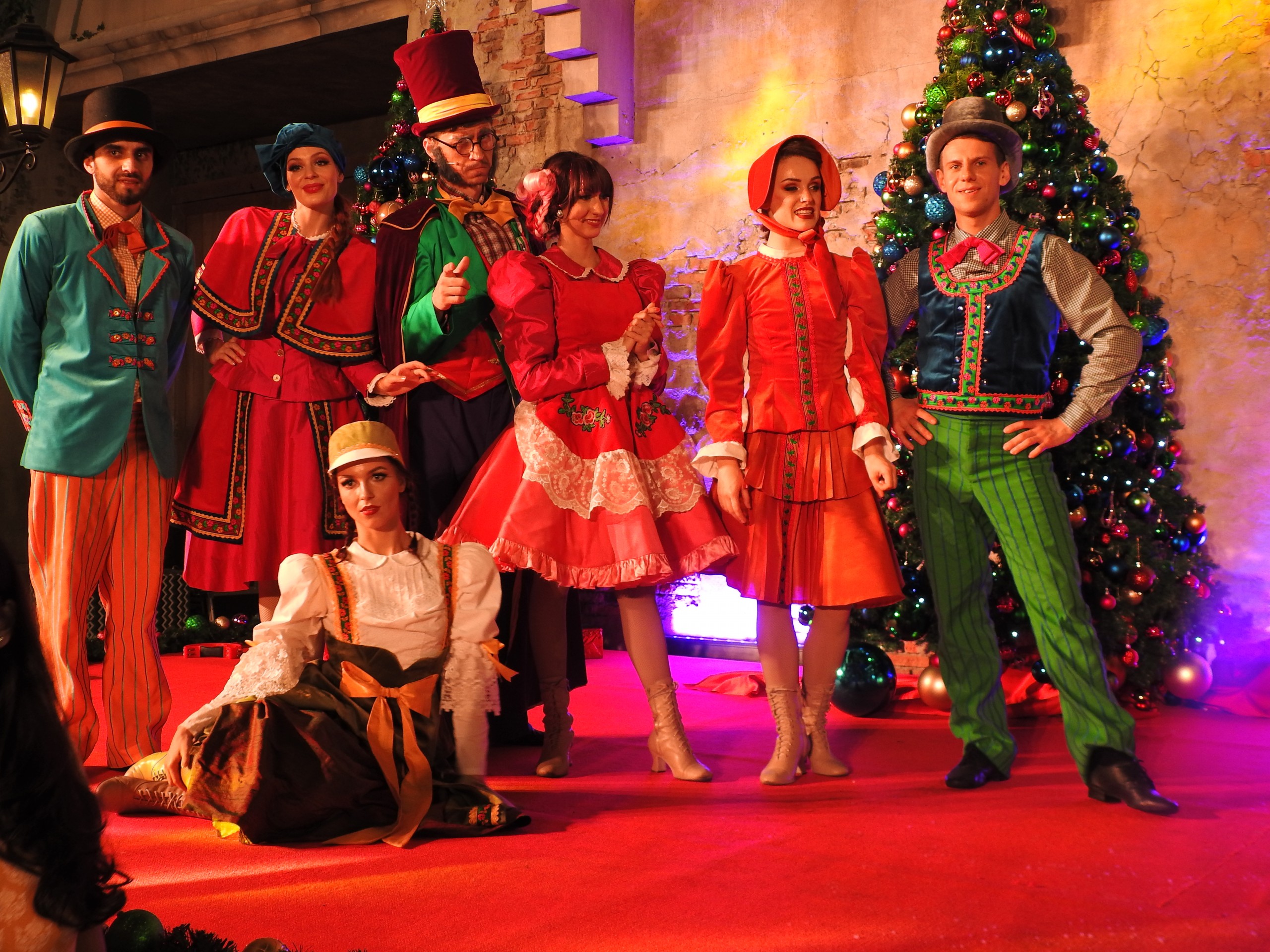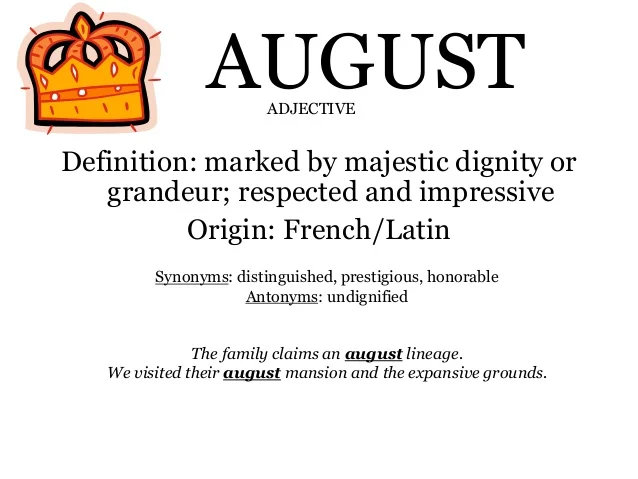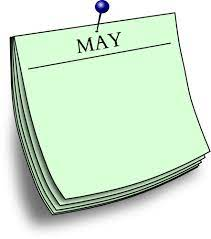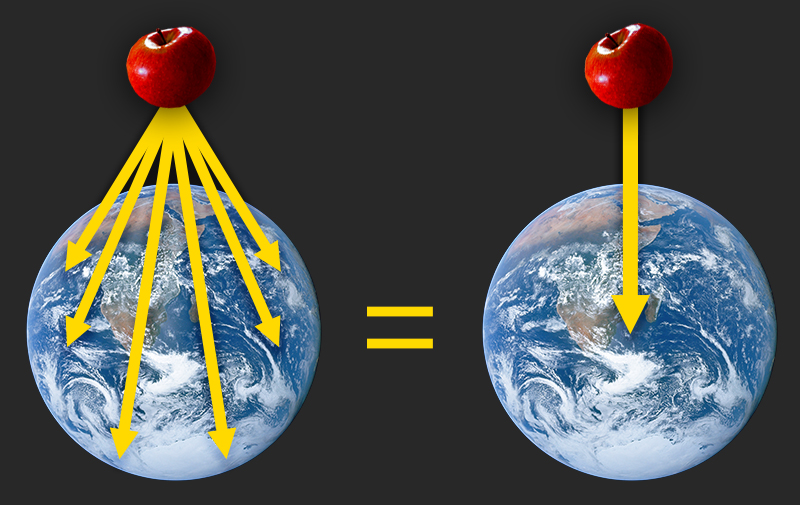Hiya!
How's your summer going? How are you coping with this sultry weather and sweltering heat? It seems that the world is seeing an uncommon heatwave that is lasting longer than usual, for example, the temperatures in London have soared to 40ºC, which makes it one of the hottest summers ever!
I'm pretty sure you all have noticed that this summer is hotter than usual... This situation has encouraged me to write this post in which I'll be dealing with some words that collocate with 'heatwave'.
I'll start with a definition of 'heatwave'. Merriam Webster defines it as "a period of unusually hot weather". This current heatwave is flooding the media and journals, radios and TVs are all reporting this unexpected surge in temperatures. After reading some of this news, here you have some of the most common collocations with the word 'heatwave', I have gathered:
 |
| From: https://www.facebook.com/EyeOnTheSky/videos/the-heat-wave-is-over-heres-a-summary-from-several-cities-and-towns-around-the-r/1891167690940293/ |
ADJECTIVE + HEATWAVE
There are some adjectives that describe the big temperatures linked to the heatwave:
- Stifling heatwave: 'Stifling' is something that kills by deprivation of oxygen. "Stifling heatwave grips central United States" (Reuters, 15 June 2022)
- Scorching heatwave: 'Scorching' can be defined as something that causes intense heat. "Brits brace for another scorching heatwave next week" (Express, 6 August 2022)
- Suffocating heatwave: If something is suffocating, it means you die by being unable to breathe. "Is Spain's suffocating heatwave finally ending?" (The Local, 27 July 2022)
- Torrid heatwave: If something is torrid, it gives off intense heat, especially from the sun. "Torrid heatwave sends mercury soaring" (Times Now, 26 April 2022)
- Searing heatwave: The adjective 'searing' refers to something very hot. "Searing heatwave to spark huge lightning blasts across Britain." (Express, 28 July 2022)
- Gruelling / grueling heatwave: If something is 'gruelling', it is exhausting. "Gruelling heatwave sears Pacific north-west." (The Guardian, 27 July)
There are some adjectives that describe the intensity of the heatwave:
Ferocious / fierce / intense/ deadly / severe / extreme / powerful / brutal are all adjectives that collocate with the word 'heatwave'.
Other adjectives depict the duration of a heatwave:
Long / prolonged/ extended / unprecedented heatwave
HEATWAVE + VERB
A heatwave can 'hit' or 'strike' a country / 'sweep' or 'spread' across a country / 'grip' or 'hammer' a country. A heatwave can also 'bake' or 'cook' a country.
"UK set for record temperatures as heat wave hits Europe" (The Washington Post, 18 July 2022)
"Record temperatures in Shanghai as heatwave strikes China" (Uca News, 14 July 2022)
"Extreme heat wave sweeps across many European countries" (USA Today, 18 July 2022)
"Europe swelters as heatwave spreads" (BBC News, 13 July 2022)
"Heatwave grips Europe, temperatures set to soar past 40ºC" (Outlook, 7 August 2022)
"Heatwaves hammer megacities in China's Yangtze River basin" (Reuters, 14 July 2022)
"Unprecedented heatwave cooks western Europe" (Euronews, 20 June 2022)
"Record-breaking heatwave bakes Americans" (Inquirer News, 21 July)
VERB + HEATWAVE
Combat / endure / face / prevent / survive / survive / cope with a heatwave
Now that there are said to be more and more heatwaves every year, I hope you can use these collocations to talk about heatwaves more accurately!
You can also see other entries related to this: summer vocabulary; holidays vocabulary; holidays collocations; hot weather; frolicking in the water.

























